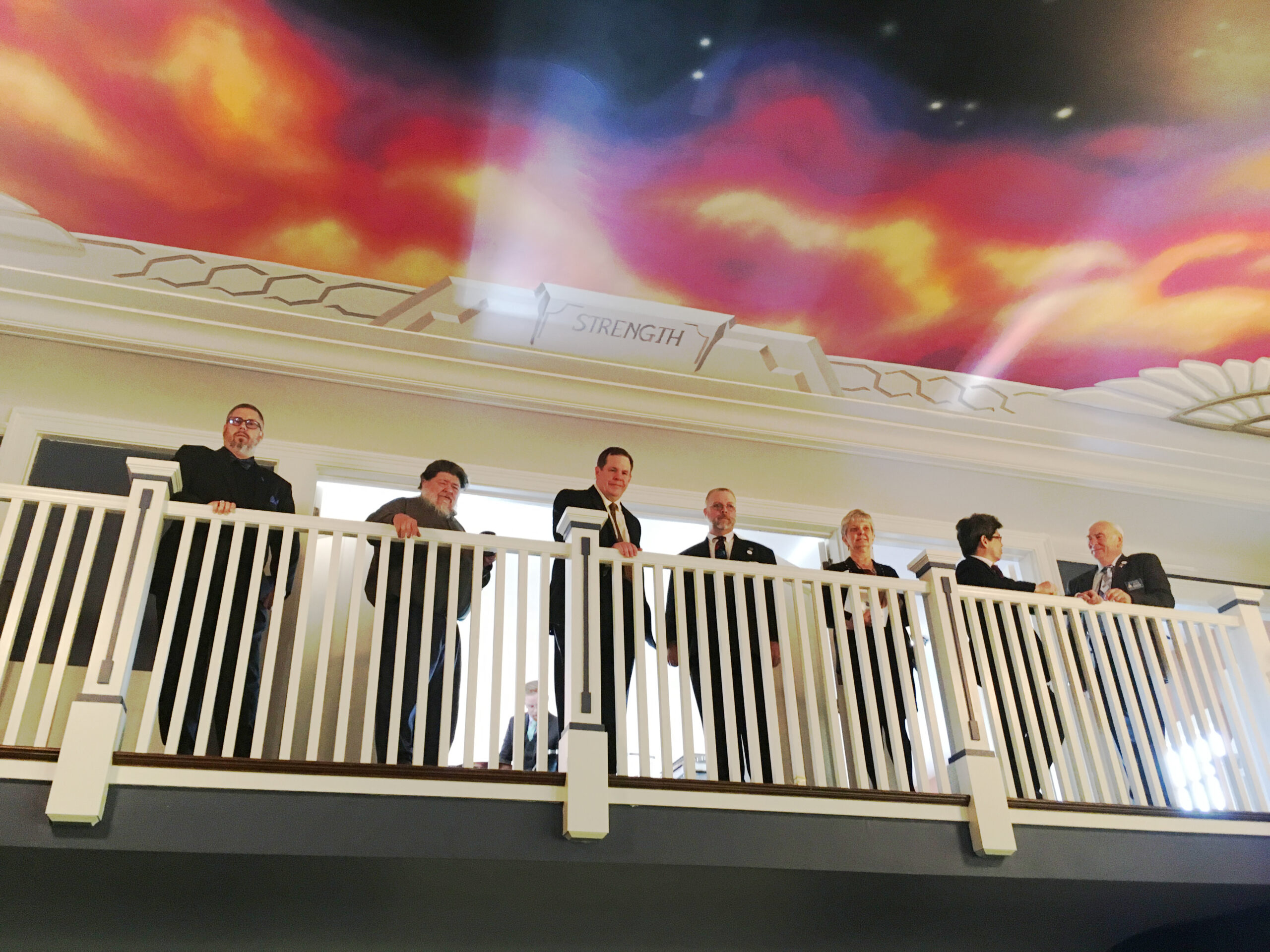On May 16th, Friendship Masonic Lodge met to read and discuss a paper on “The Metaphysical Case for Honesty,” in which the author, Tara Smith, makes the argument that dishonesty fails to engage with reality as it is, and is thus an impractical method of dealing with reality. Despite the length of the paper, orated by our Brother Junior Warden Kent Smith, there was hearty discussion of the merits of the paper, ultimately concluding that the author was a firm believer in objectivism, going against the more popular, contemporary ideas of the subjectivity of reality. Many brethren found this idea not able to stand up to scrutiny, which was further exacerbated by the narrow set of examples that failed to account for the wide range of human experience.
I came away wanting to discuss something that I felt was present throughout the paper and our discussion: can the opposing ideas of objectivism and subjective experience be simultaneously true? The paper attempted to claim that there was an objective idea of truth, or reality, that to misrepresent was negative to the wellbeing of the individual. To claim knowledge that one has or to deny the reality of an illness, does not allow one to effectively navigate the world we find ourselves in, and goes against our interests.
But in the way that an agnostic recognizes the possibility of deity, as well as the opposing idea of the uncertainty brought on by our inability to understand that deity or be undeniably sure of our understanding, can there be an objective truth that, because we are subjective participants in reality, we are unable to fully grasp or understand because of our limited experience and understanding? To me, this becomes the turning point of our understanding of truth. The integration of an objective standard of truth, with the subjective perception that shapes our understanding of that objective truth, or reality.
As the first lesson in wisdom is that one knows nothing, the first lesson of truth is that we can’t know the objective truth because we are limited by our subjective experience. And so, with all of this understanding, the first step in honesty is the acknowledgement that we are unable to understand reality in a purely objective sense. This doesn’t discount the idea of an objective truth, but understands that the best we have is our subjective understanding of reality, which we are able to refine by incorporating new knowledge, which hopefully results in a greater approximation of truth.
And with that, Brethren be well, and I look forward to seeing you all at stated meeting after Grand Lodge.
Chris Chase
Senior Warden


